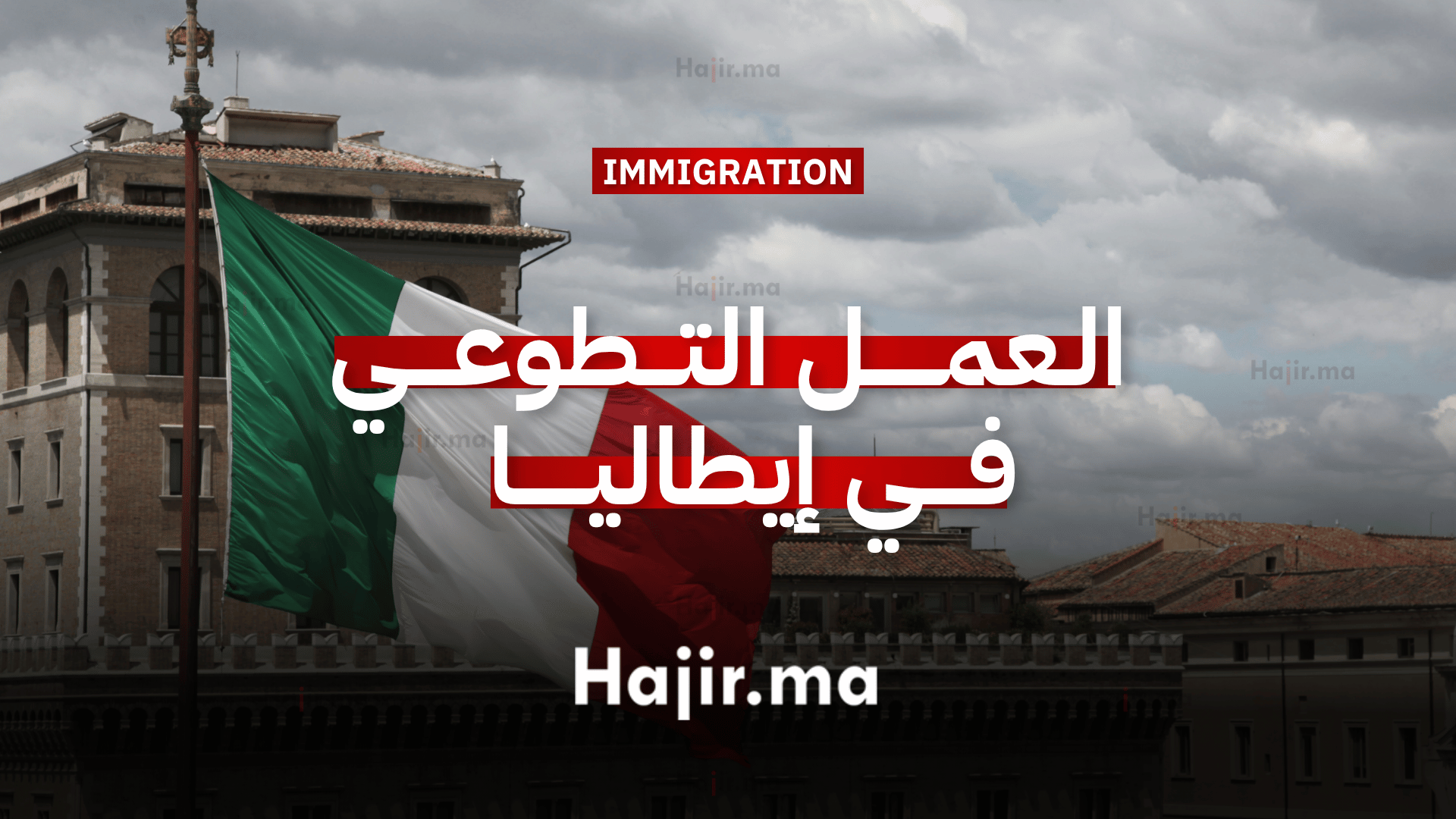Studying in Italy for more than three months is an exciting opportunity, but it comes with its share of paperwork and processes. Navigating the intricacies of obtaining a study visa and understanding the associated requirements is crucial for a smooth transition into Italian academic life. Let’s delve into a comprehensive guide that covers everything you need to know about acquiring a study visa for a prolonged stay in Italy.
Understanding the Basics: What is an Italian Student Visa?
The Italian student visa, also known as the national or D visa, is a prerequisite for staying in Italy for more than 90 days. It serves as an entry pass, granting you permission to enter the country. However, to legally reside and study for an extended period, obtaining an Italian residence permit is imperative.
Which countries require a visa to study in Italy?
This section outlines the countries exempt from an Italian student visa, highlighting the additional requirement of a residence permit for certain nations, including those from the European Union and Schengen visa-exempt countries.
These countries are exempt from obtaining a student visa to enter Italy: European Union (EU) countries. Switzerland Norway Liechtenstein Iceland
Visa Requirements
Acquiring an Italian student visa involves fulfilling specific conditions and submitting a set of documents. This section provides a detailed checklist, emphasizing the importance of preparing a comprehensive and well-translated application to avoid delays in processing.
Key Documents for an Italian Student Visa
- Student visa application form
- Passport-sized photographs
- Valid travel document
- Previous visa photos
- Civil status documents
- Proof of university enrollment
- Police permits
- Proof of residence in Italy
- Financial means documentation
- Health insurance
- Certificates of previous education
- Language proficiency proof
- Visa fee receipt
- Consent document for minor applicants
Financial Prerequisites: How Much Bank Balance Do You Need?
To apply for a student visa in Italy, you need to show proof that you have at least 460.28 euros per month (starting from 2023) to cover your expenses while staying in the country with a student visa. You can provide evidence of your financial means through bank statements, a sponsorship letter, or documentation indicating that a third party will be funding your studies in Italy.
Application process
To obtain an Italian student visa, you must apply at the Italian embassy or consulate in your home country. If there is no Italian embassy/consulate in your country, you may need to apply at a visa application center or another Schengen country’s embassy/consulate that Italy has outsourced visa processing to.
Firstly, contact the relevant authorities to schedule an appointment. Then, gather all the required documents and submit them in person on the scheduled date. Make sure to bring both the original and photocopies of your documents.
On the day of application, you may also have a visa interview.
Consider the visa processing time when applying. Visa processing typically takes around three weeks, sometimes more. Therefore, it is advisable to apply:
- At least two weeks before your planned trip at the earliest.
- Ideally, around three months before your planned trip at the latest.
If you have all the necessary documents and the Italian embassy determines that you meet the requirements, you will be granted your Italian student visa.
Once you have done this, you can enter Italy, where you will need to apply for an Italian residence permit.
Cost of an Italy Student Visa
While the processing fee for an Italian student visa is generally 50 euros, this section explores potential variations based on nationality. Additional costs and service charges are also discussed, ensuring applicants are financially prepared.
Working with an Italy Student Visa
Students with an Italian student visa are permitted part-time employment. This section delves into the specifics, including hourly limits and the opportunity to convert the student permit to a work permit after completing studies.
Embarking on a journey to study in Italy involves meticulous planning and adherence to visa regulations. This guide, rich with information on visa requirements, application procedures, financial obligations, and post-arrival steps, aims to simplify the process for prospective students.
FAQs
- Q: Can I apply for a student visa if my course is less than three months?
- A: If your course is short-term and falls within the three-month window, a student visa may not be required.
- Q: What happens if I fail to renew my student visa after the first year?
- A: Failure to renew the visa may lead to legal complications, including potential deportation. It’s crucial to meet renewal criteria.
- Q: Are there any exceptions to the financial requirement for the student visa?
- A: Exceptions are rare, and each case is evaluated individually. Consult the Italian Embassy for specific circumstances.
- Q: Can I work full-time during university breaks with a student visa?
- A: While part-time work is allowed during the academic year, working full-time during breaks may be subject to restrictions.
- Q: Is the family visa process the same for all family members?
- A: The process is generally similar, but specific requirements may vary. Consult the immigration office for precise details.
You may also like: New Jobs For Farm Workers in Canada Sponsored Visa 2024







